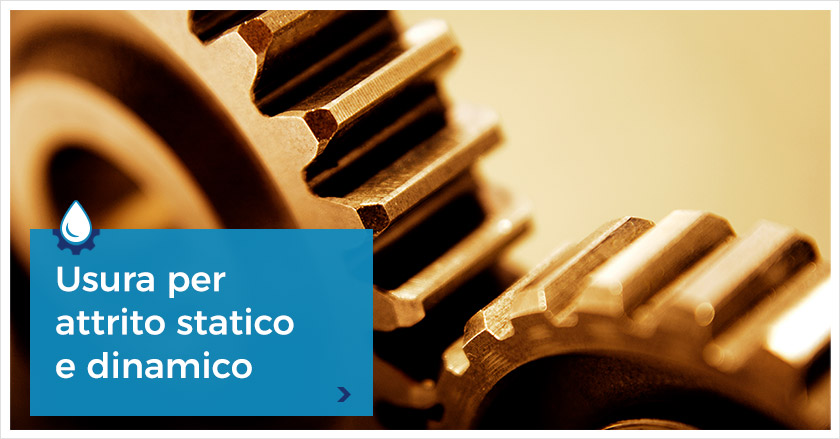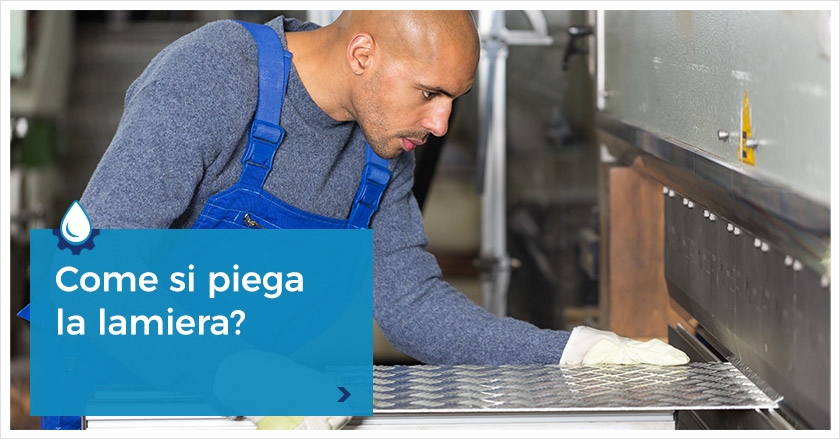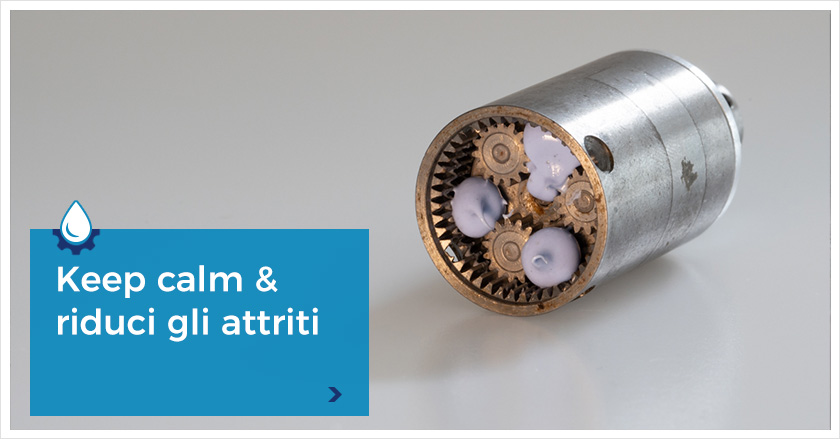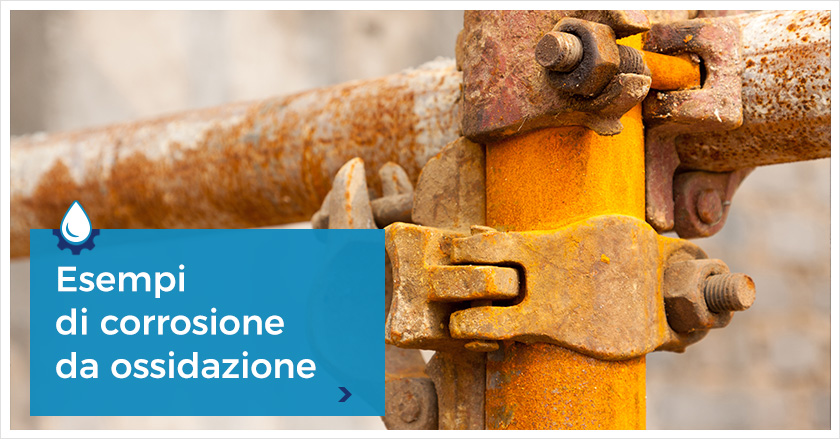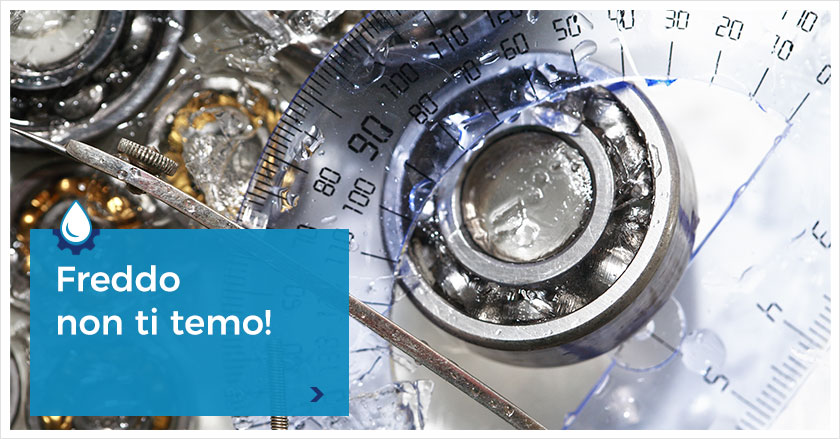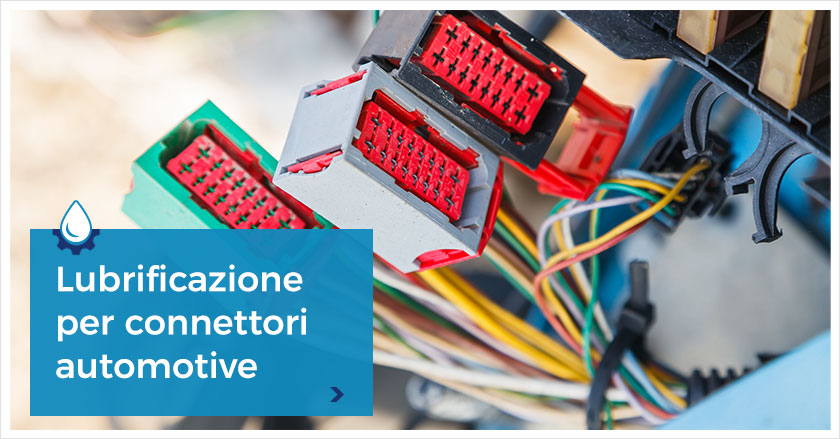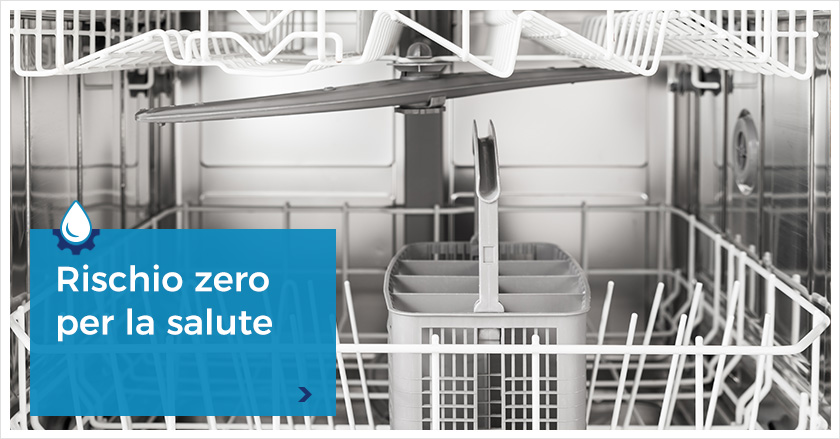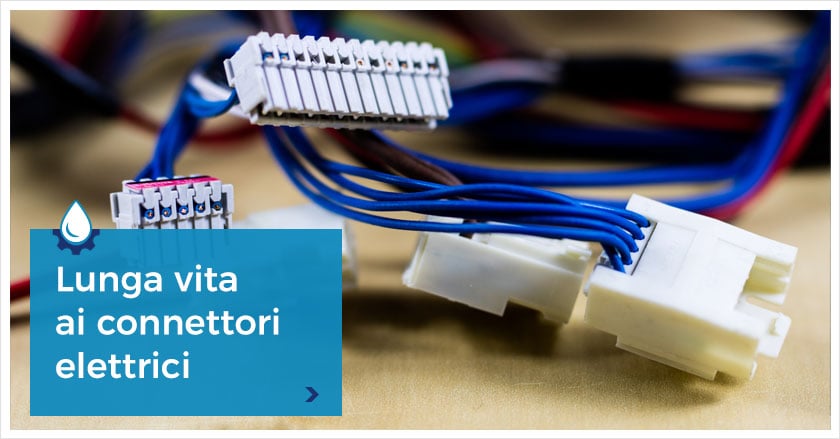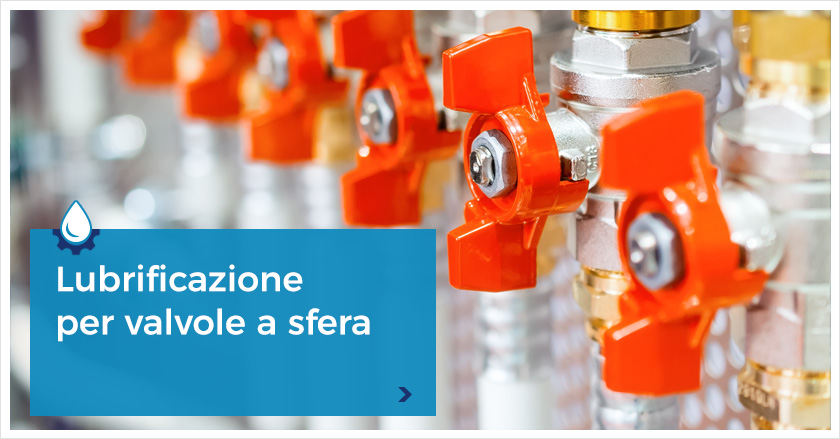Static and dynamic friction: effects on mechanical components
"Wear due to static and dynamic friction"
Alternating static and dynamic friction and their continuous action on the mechanical components inevitably lead to their wear, or even to malfunctioning and breakage if excessively neglected.
The use of lubricants therefore becomes essential to preserve the integrity of the materials used in your project or that make up your machinery as much as possible.
READ ALL
